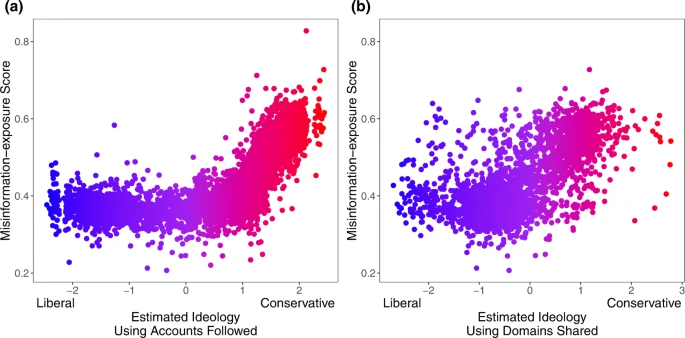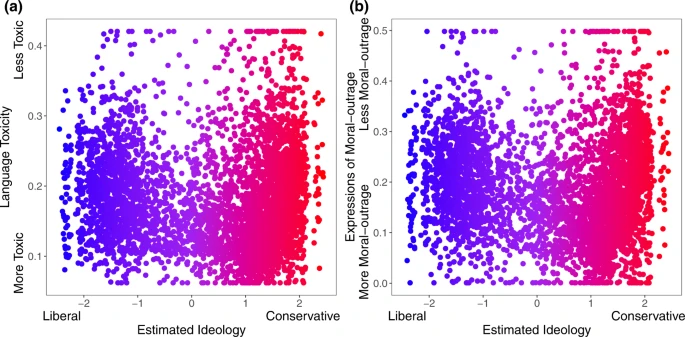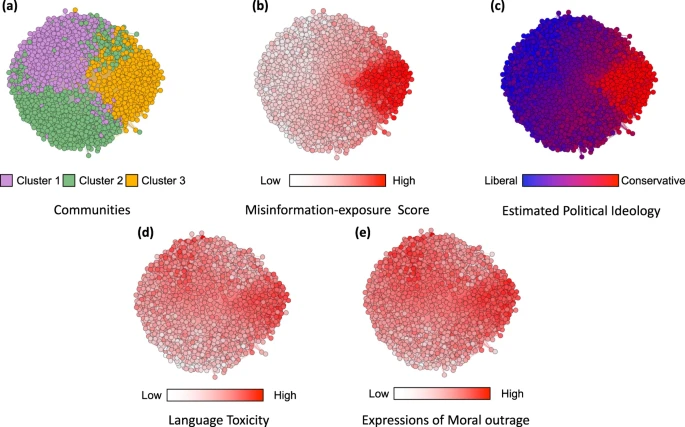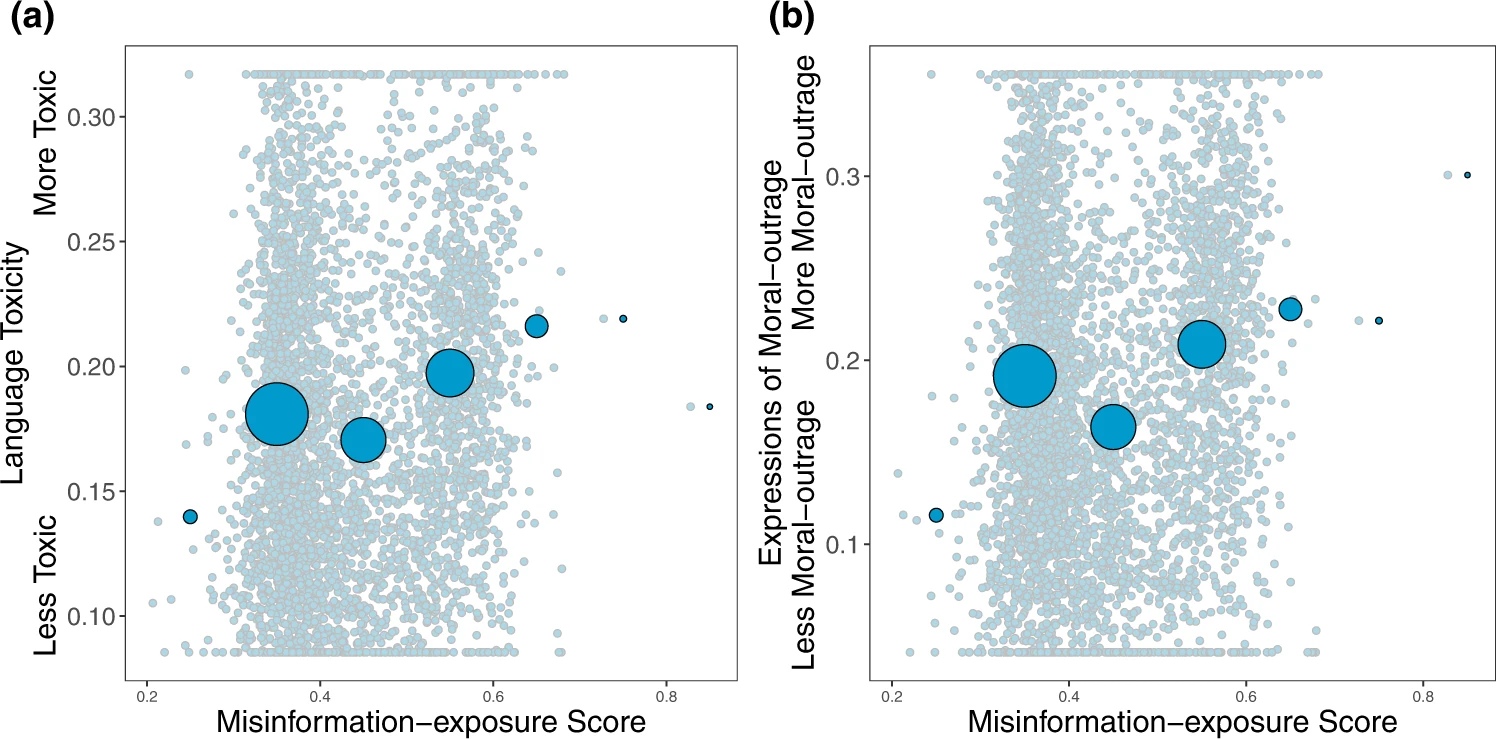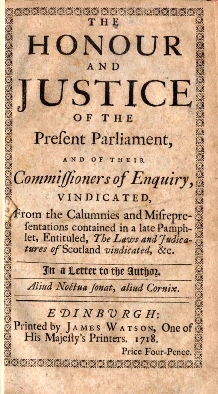Journalism faces an 'existential crisis' in the Trump era, Christine Amanpour
As all the international journalists we honor in this room tonight and every year know only too well: First the media is accused of inciting, then sympathizing, then associating -- until they suddenly find themselves accused of being full-fledged terrorists and subversives. Then they end up in handcuffs, in cages, in kangaroo courts, in prison
...
First, like many people watching where I was overseas, I admit I was shocked by the exceptionally high bar put before one candidate and the exceptionally low bar put before the other candidate.
It appeared much of the media got itself into knots trying to differentiate between balance, objectivity, neutrality, and crucially, truth.
...
The winning candidate did a savvy end run around us and used it to go straight to the people. Combined with the most incredible development ever -- the tsunami of fake news sites -- aka lies -- that somehow people could not, would not, recognize, fact check, or disregard.
...
The conservative radio host who may be the next white house press secretary says mainstream media is hostile to traditional values.
I would say it's just the opposite. And have you read about the "heil, victory" meeting in Washington, DC this past weekend? Why aren't there more stories about the dangerous rise of the far right here and in Europe? Since when did anti-Semitism stop being a litmus test in this country?

